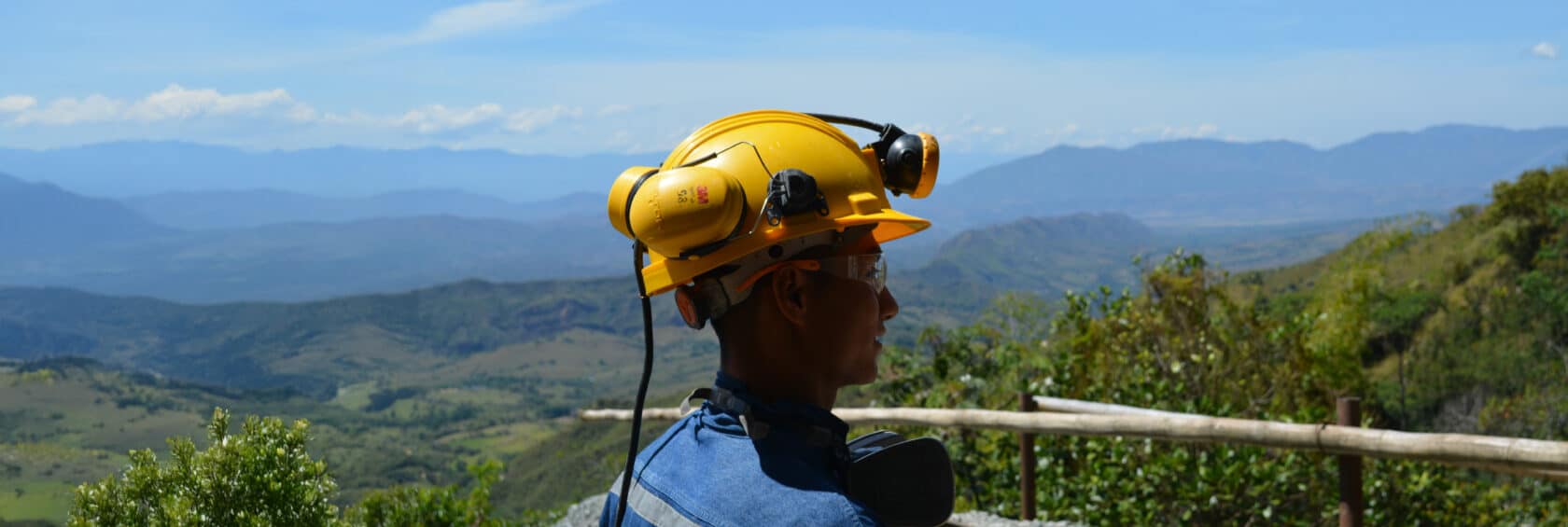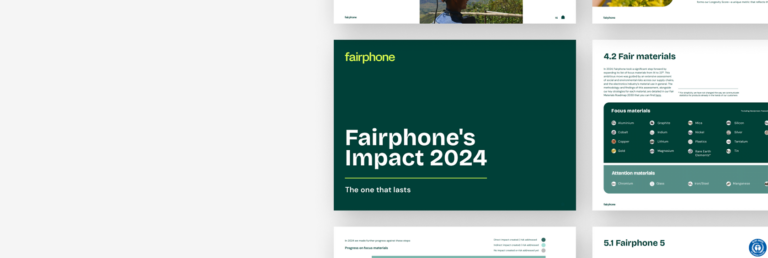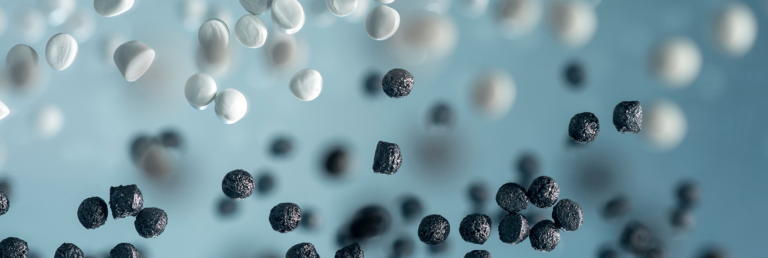What are Fairmined credits?
We’ve said it before. We’ll say it again.
Artisanal and small-scale mines (ASM) play a crucial role in the mining industry, providing livelihoods for millions of people worldwide. But the reality is, working in these mines is often incredibly dangerous, and the communities involved are some of the most marginalized. Ignoring their struggles or blacklisting these mines in the name of “responsible mining” doesn’t solve the problem—it actually makes things worse. So, how can we start addressing this issue?
Fairmined credits can help
The system of Fairmined credits was created by the Alliance for Responsible Mining (ARM), a non-profit organization based in Colombia. They developed the Fairmined certification standard in 2014 to encourage responsible, sustainable practices in the artisanal and small-scale mining sector.
In 2022, Fairphone hit a milestone: we became the first company to buy Fairmined credits and the first electronics brand to join the Fairmined initiative. Tracking down the exact source of every bit of gold in our devices had turned into an almost impossible task. That’s where Fairmined credits came in. They let us support Fairmined-certified mines by providing financial premiums for the gold they produce—even if we didn’t use their specific gold.
So how are these Fairmined credits actually used?
The funds that are collected from Fairmined credits are invested in health and safety improvements, environmental protection, fair wages, and community projects. From building concrete roads to buying plots of lands to construct homes, these funds go a long way in improving the lives of the communities around these mines. Through our investments, the La Gabriela Mining Organization in Columbia received nearly USD 20,000 that was invested in health and safety training for the miners, and renewing their mining permit. The permit renewal process included studies to assess the state of the mine and determine the amount of gold available in the region. These studies helped the La Gabriela team to make forecasts for production in the future, and plan for the eventual closure of the mine down the road, allowing them to take the best decisions possible for the community there. Here are some more examples from the ground.
Chede Mining Organization, Colombia
This Fairmined-certified mine utilized premiums from Fairmined gold sales to:
- Upgrade mining technology and improve worker safety.
- Construct a park for the local school in El Tambo municipality.
- Pave sections of the main road in the town.
- Organize annual Children’s Day events at the local school.
The Íquira Mining Cooperative, Colombia
Located in the Huila department of Colombia, Iquira has been a model of responsible artisanal and small-scale mining since its Fairmined certification in 2014. They have been using their premiums to:
- Implement technological changes in their processing plants to eliminate the use of mercury, thereby reducing environmental contamination and health risks.
- Conduct annual trainings for mining rescuers, assistants, and promoters, enhancing safety standards within the mining operations.
- Sponsor health campaigns organized by local health centers, and uniforms for local soccer and basketball teams. This fosters community engagement and well-being.
- Upgrade their offices with necessary tools and equipment to improve administrative efficiency.
These projects and initiatives show just how powerful Fairmined credits can be in creating lasting change. They also highlight the dedication of these communities to sustainable mining practices. Imagine if more artisanal and small-scale mines became Fairmined-certified—one day, we could genuinely say that the ASM sector is not only safe, responsible, and sustainable, but maybe even ahead of large-scale mining in these areas.
You can also make a difference this Black Friday season. From November 25 to December 2, Murena and Fairphone are coming together to donate €40 for every /e/OS Fairphone sold on Murena.com to the Fairmined-certified Iquira Mining Cooperative in Colombia. Join the campaign.



